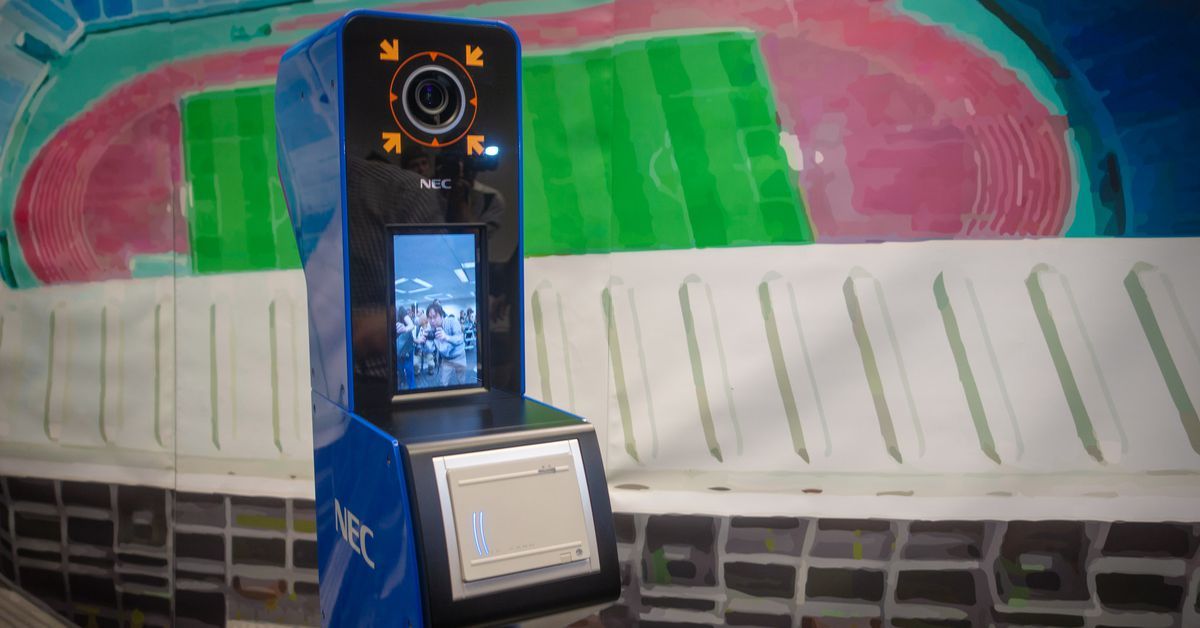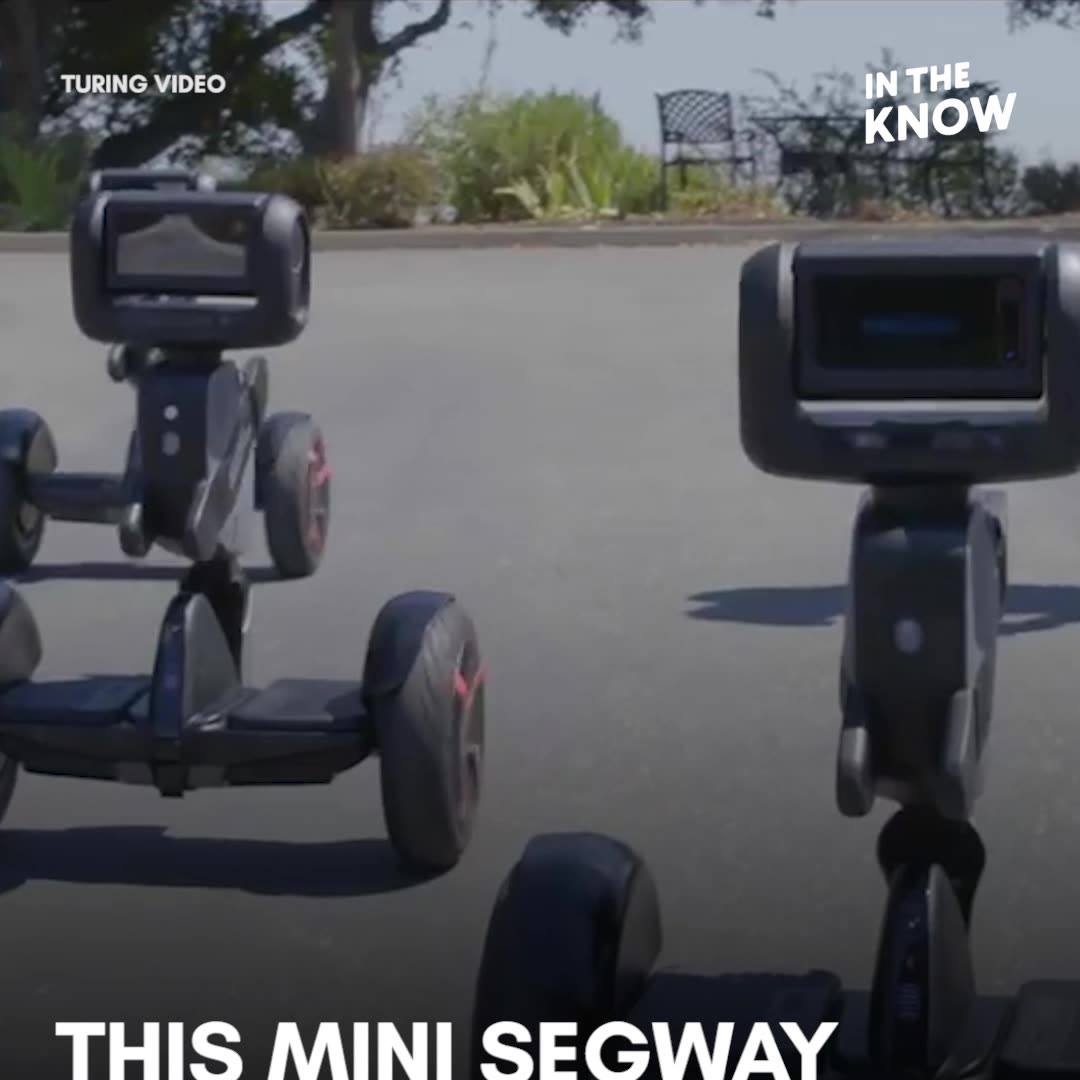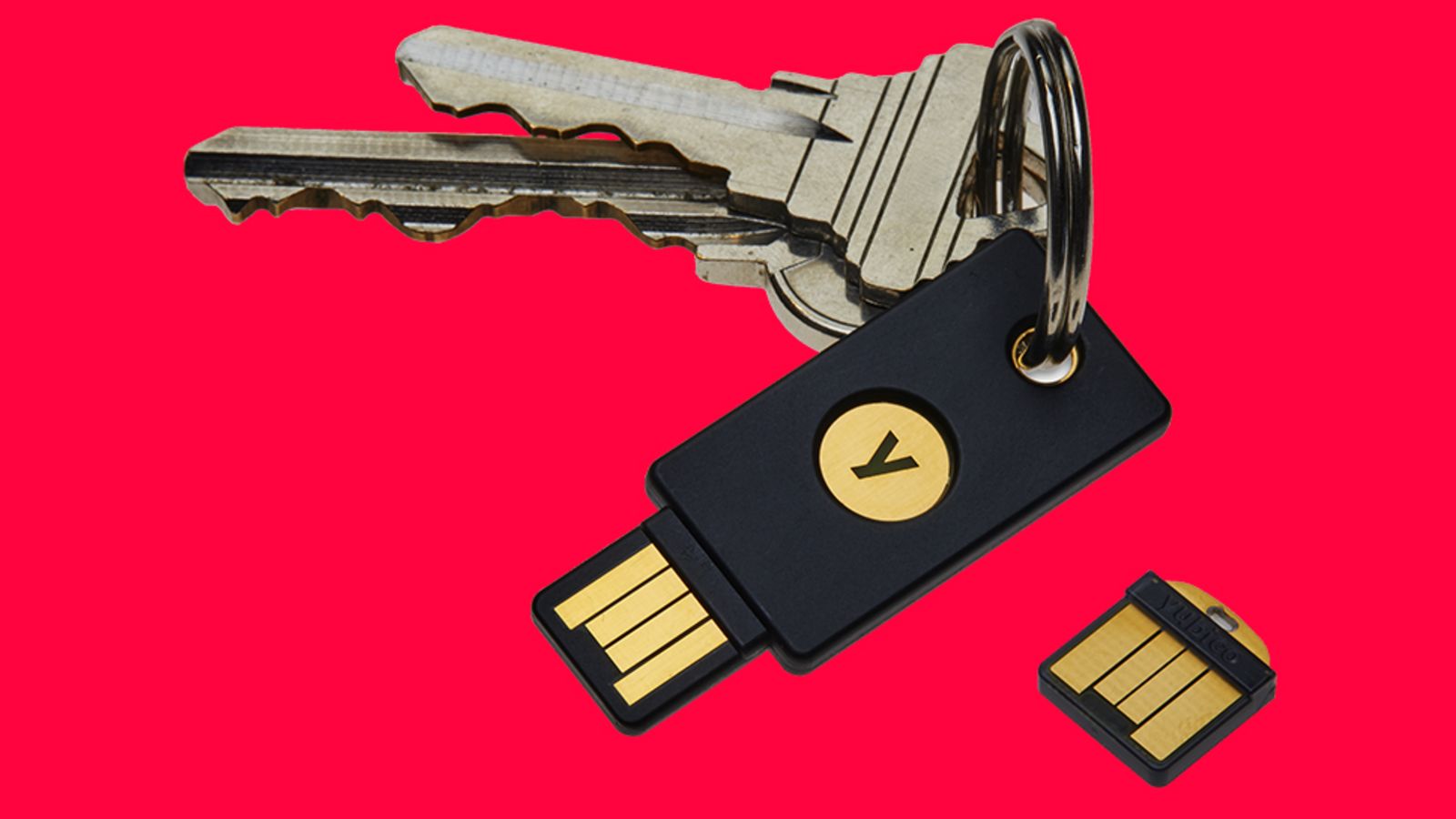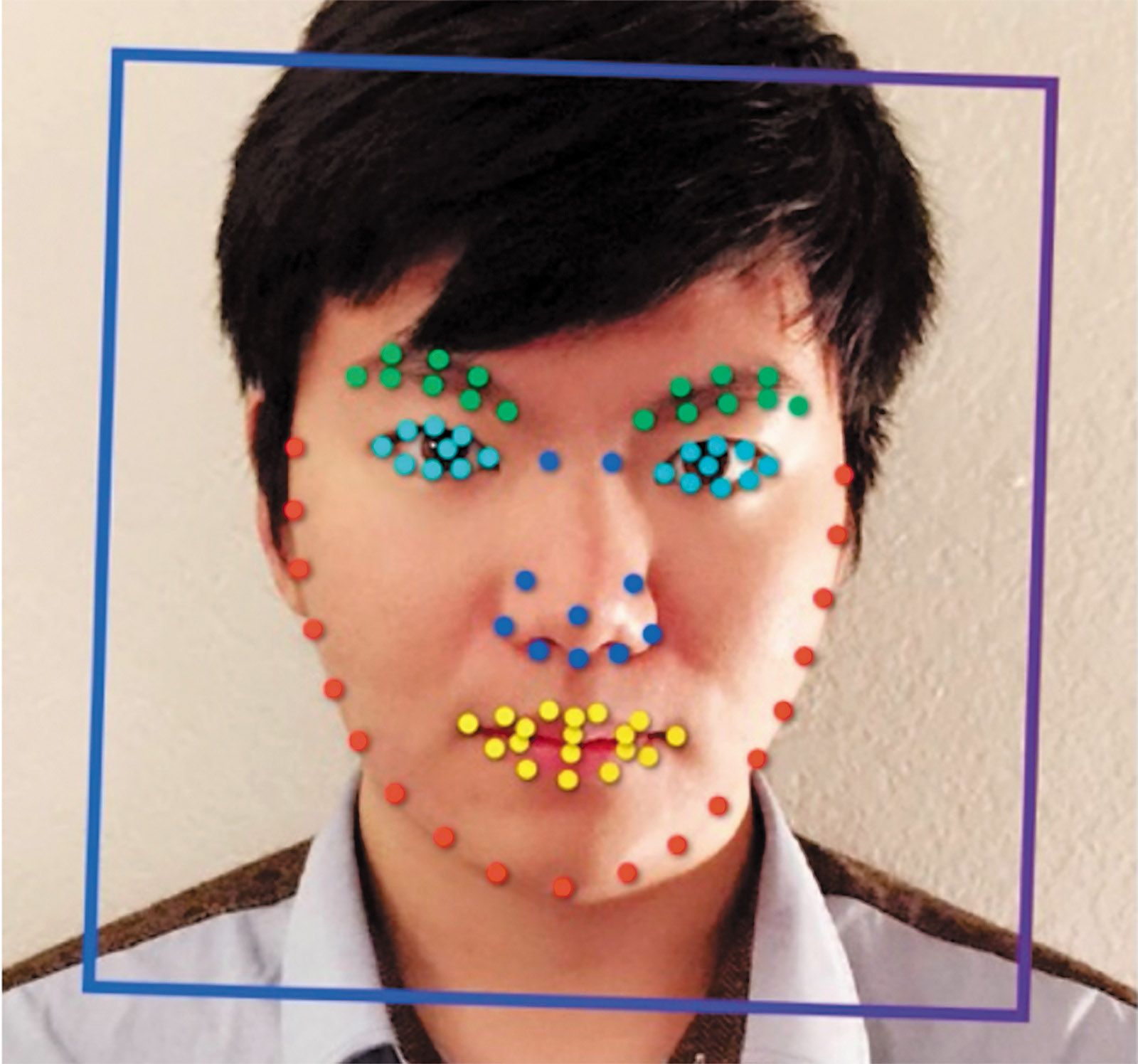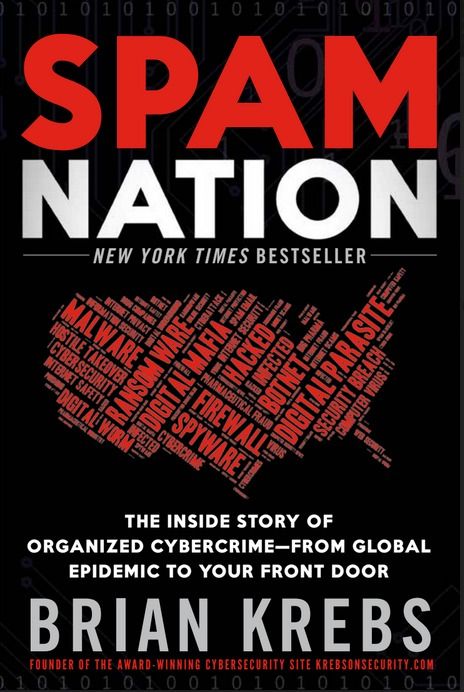About the future death of explainability to understand AI thinking, the writing is on the wall…
These divergent approaches, one regulatory, the other deregulatory, follow the same pattern as antitrust enforcement, which faded in Washington and began flourishing in Brussels during the George W. Bush administration. But there is a convincing case that when it comes to overseeing the use and abuse of algorithms, neither the European nor the American approach has much to offer. Automated decision-making has revolutionized many sectors of the economy and it brings real gains to society. It also threatens privacy, autonomy, democratic practice, and ideals of social equality in ways we are only beginning to appreciate.
At the simplest level, an algorithm is a sequence of steps for solving a problem. The instructions for using a coffeemaker are an algorithm for converting inputs (grounds, filter, water) into an output (coffee). When people say they’re worried about the power of algorithms, however, they’re talking about the application of sophisticated, often opaque, software programs to enormous data sets. These programs employ advanced statistical methods and machine-learning techniques to pick out patterns and correlations, which they use to make predictions. The most advanced among them, including a subclass of machine-learning algorithms called “deep neural networks,” can infer complex, nonlinear relationships that they weren’t specifically programmed to find.
Predictive algorithms are increasingly central to our lives. They determine everything from what ads we see on the Internet, to whether we are flagged for increased security screening at the airport, to our medical diagnoses and credit scores. They lie behind two of the most powerful products of the digital information age: Google Search and Facebook’s Newsfeed. In many respects, machine-learning algorithms are a boon to humanity; they can map epidemics, reduce energy consumption, perform speech recognition, and predict what shows you might like on Netflix. In other respects, they are troubling. Facebook uses AI algorithms to discern the mental and emotional states of its users. While Mark Zuckerberg emphasizes the application of this technique to suicide prevention, opportunities for optimizing advertising may provide the stronger commercial incentive.
Read more
